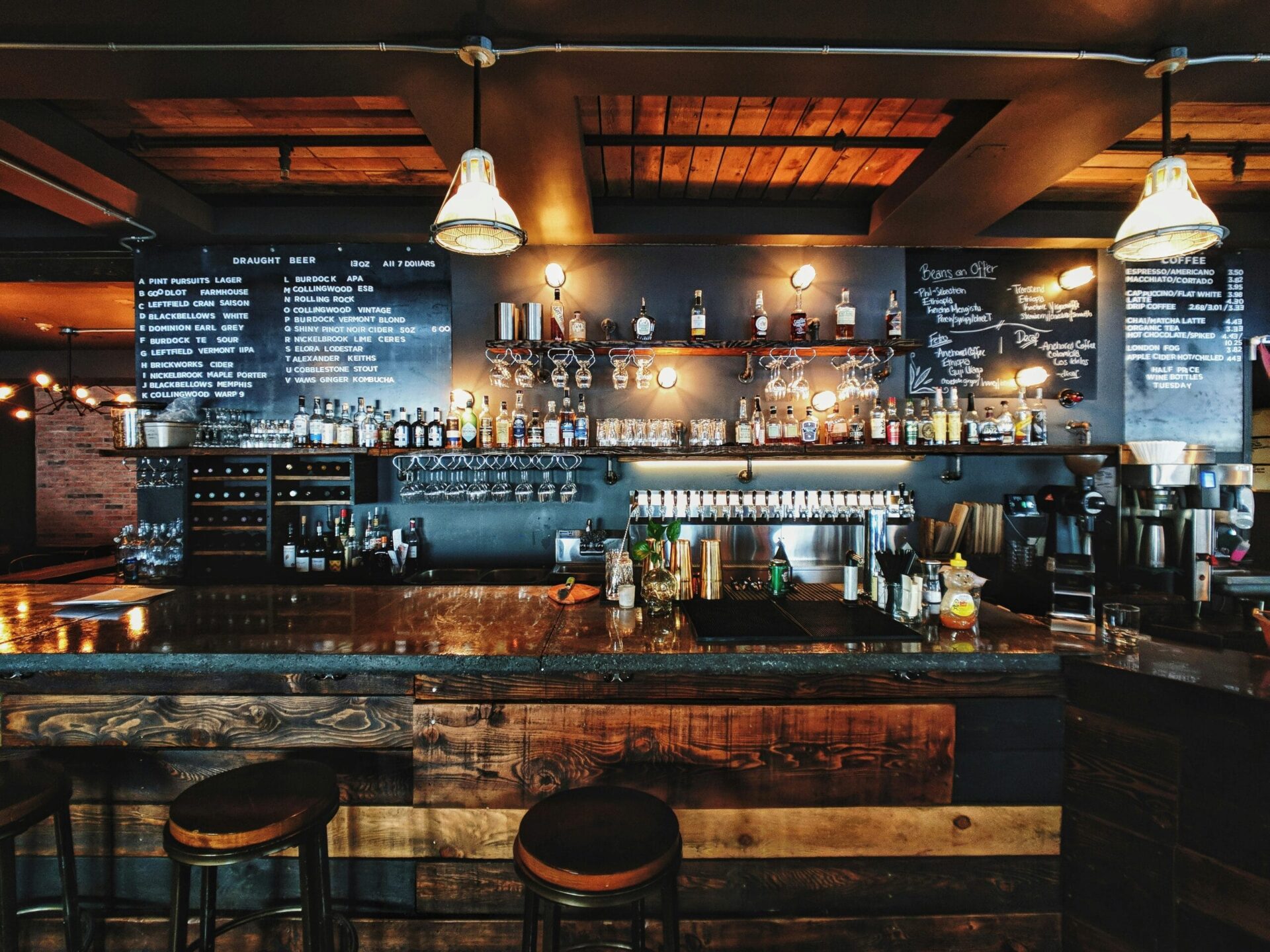
Dubai is a city synonymous with luxury, innovation, and a vibrant culinary scene. With an ever-growing skyline and a reputation as a global destination, the Food & Beverage (F&B) industry has flourished. But as new restaurants seem to pop up every week, the question arises: The Dubai Food And Beverages Market is oversaturated? Let’s analyze the numbers and take a closer look.
Dubai, as of 2025, has a population of approximately 3.6 million residents. In addition, the city hosts over 16 million tourists annually, making it one of the most visited cities in the world. The F&B market in Dubai is supported by this combination of a diverse local population and a high volume of tourists. However, the sheer number of restaurants tells a different story.
While the abundance of options is exciting for diners, it poses challenges for restaurant owners competing for the same customer base.
Dining out is deeply ingrained in Dubai’s culture. According to industry reports, residents and tourists in Dubai spend about AED 25 billion annually on dining out, with an average person dining out 3-4 times a week. This figure is higher than the global average, reflecting a lifestyle built around socializing in restaurants and cafes.
Despite this high frequency of dining out, not every restaurant enjoys success. The Dubai Food and Beverages market’s dynamics mean that competition is fierce, with high operational costs and customer expectations driving many establishments out of business within their first year.
The current state of Dubai’s F&B industry suggests that the market is oversaturated. While some restaurants thrive by offering unique concepts, quality, and exceptional service, many struggle to differentiate themselves in a crowded space.
Market corrections are a natural part of any economic cycle, and Dubai’s restaurant industry is no exception. Here’s what we can expect:
The Dubai Food and Beverages market, while vibrant and diverse, is undoubtedly oversaturated. The high number of restaurants relative to the population and tourist influx means that competition is at an all-time high. However, this isn’t necessarily bad news for the industry. A natural correction will lead to a more sustainable market, where quality, innovation, and customer satisfaction take precedence over quantity.
For aspiring restaurateurs and existing business owners, the key lies in adaptability. Understanding the market, focusing on differentiation, and delivering consistent value will be the factors that determine long-term success in Dubai’s competitive F&B landscape.
Contact Zeora Hospitality for expert guidance and support to ensure your restaurant opens successfully in 2025.
For more updates follow us in social media as well.